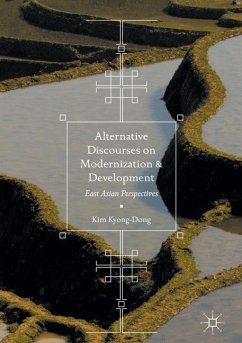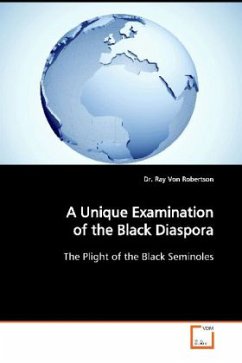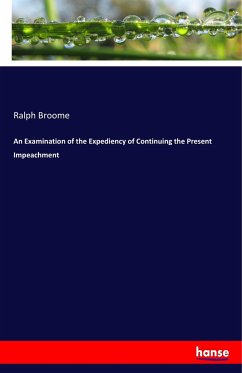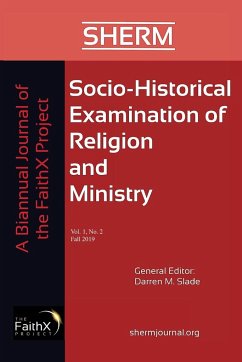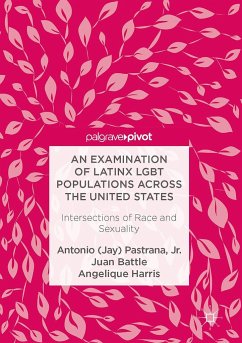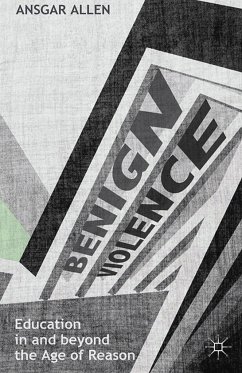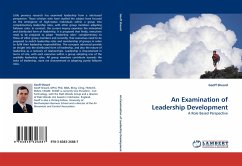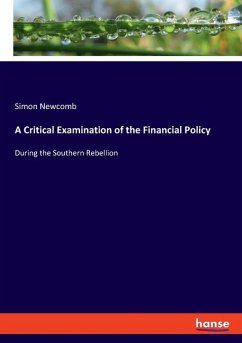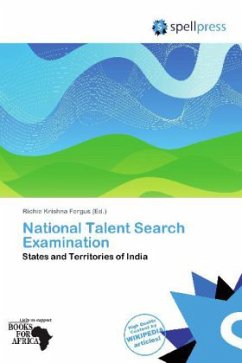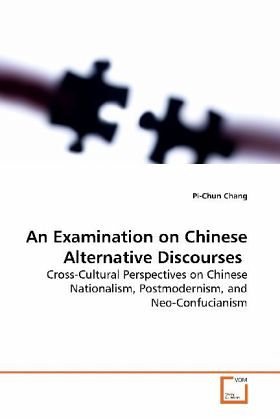
An Examination on Chinese Alternative Discourses
Cross-Cultural Perspectives on Chinese Nationalism, Postmodernism, and Neo-Confucianism
Versandkostenfrei!
Versandfertig in 6-10 Tagen
39,99 €
inkl. MwSt.

PAYBACK Punkte
20 °P sammeln!
The idea of alternative modernities arise from the context that modernization means processes of westernization. Although Chinese modernization was believed to be based on learning from the West from its outset, contemporary Chinese intellectuals contend that the Chinese experience of modernity is not merely a variation of Western modernity. Drawing from different theoretical inspirations, Chinese intellectuals claimed that China has its model of modernization, buttressed by a restoration of Chinese culture. This study calls to question such an alternative discourse for its assertion of Chines...
The idea of alternative modernities arise from the
context that modernization means processes of
westernization. Although Chinese modernization was
believed to be based on learning from the West
from its outset, contemporary Chinese intellectuals
contend that the Chinese experience of modernity is
not merely a variation of Western modernity.
Drawing from different theoretical inspirations,
Chinese intellectuals claimed that China has
its model of modernization, buttressed by a
restoration of Chinese culture. This study
calls to question such an alternative discourse for
its assertion of Chinese essence becomes another
form of Orientalism. This work aims to
address how contemporary Chinese intellectuals
anxiety to valorize Chinese difference in the idea
of Chinese alternative bespeaks a dichotomous way
of thinking. It argues that Chinese alternative
modernity emphasizes the essence of traditional
culture. Such an alternative discourse replicates
Orientalist mode of Self/Other confrontation which
Chinese intellectuals accuse the West of employing
as a way of understanding non-Western cultures.
context that modernization means processes of
westernization. Although Chinese modernization was
believed to be based on learning from the West
from its outset, contemporary Chinese intellectuals
contend that the Chinese experience of modernity is
not merely a variation of Western modernity.
Drawing from different theoretical inspirations,
Chinese intellectuals claimed that China has
its model of modernization, buttressed by a
restoration of Chinese culture. This study
calls to question such an alternative discourse for
its assertion of Chinese essence becomes another
form of Orientalism. This work aims to
address how contemporary Chinese intellectuals
anxiety to valorize Chinese difference in the idea
of Chinese alternative bespeaks a dichotomous way
of thinking. It argues that Chinese alternative
modernity emphasizes the essence of traditional
culture. Such an alternative discourse replicates
Orientalist mode of Self/Other confrontation which
Chinese intellectuals accuse the West of employing
as a way of understanding non-Western cultures.



